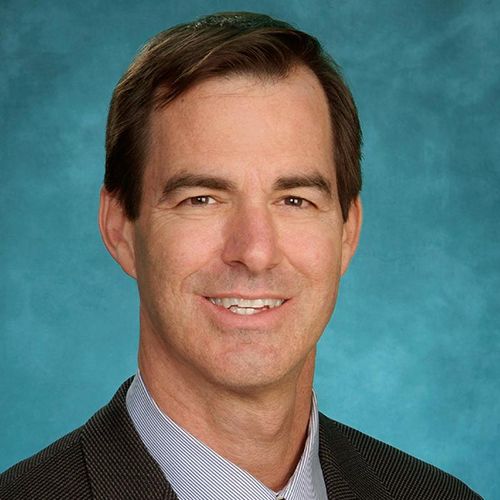- Revenue Cycle Management
- COVID-19
- Reimbursement
- Diabetes Awareness Month
- Risk Management
- Patient Retention
- Staffing
- Medical Economics® 100th Anniversary
- Coding and documentation
- Business of Endocrinology
- Telehealth
- Physicians Financial News
- Cybersecurity
- Cardiovascular Clinical Consult
- Locum Tenens, brought to you by LocumLife®
- Weight Management
- Business of Women's Health
- Practice Efficiency
- Finance and Wealth
- EHRs
- Remote Patient Monitoring
- Sponsored Webinars
- Medical Technology
- Billing and collections
- Acute Pain Management
- Exclusive Content
- Value-based Care
- Business of Pediatrics
- Concierge Medicine 2.0 by Castle Connolly Private Health Partners
- Practice Growth
- Concierge Medicine
- Business of Cardiology
- Implementing the Topcon Ocular Telehealth Platform
- Malpractice
- Influenza
- Sexual Health
- Chronic Conditions
- Technology
- Legal and Policy
- Money
- Opinion
- Vaccines
- Practice Management
- Patient Relations
- Careers
New national group aims to be voice for independent physicians
AIMPA launches this week to advocate for specialists contending ‘consolidation has not led to better care or lower costs for patients.’
© AIMPA

Despite growth of huge health systems and consolidation in health care, there still are independent physicians – and a new organization aims to unify them.
The American Independent Medical Practice Association (AIMPA) launched this week with almost 5,000 physicians in 200 practices collectively treating 10 million patients around the country. AIMPA’s goal: to be “the first national, multispecialty advocacy organization focused exclusively on promoting and protecting the high-quality, cost-efficient care furnished in independent medical practices.”
Paul Berggreen, MD
AIMPA

"Big hospital chains have increasingly acquired physician practices over the past two decades – and contrary to hospital executives' promises, that consolidation has not led to better care or lower costs for patients," AIMPA Board Chair and President Paul Berggreen, MD, said in a news release. A gastroenterologist, Berggreen is founder and president of Arizona Digestive Health. "The hundreds of thousands of doctors working tirelessly at independent medical practices across the country offer patients a more attractive alternative. And we're excited to be their voice in Washington."
AIMPA members have almost 2,500 office locations and more than 450 independent ambulatory surgery centers in 39 states and the District of Columbia. Medical specialties include cardiology, dermatology, gastroenterology, hematology/medical oncology, nephrology, neurosurgery, obstetrics/gynecology, orthopedic surgery, radiation oncology, and urology.
Beginning this month, Berggreen said the response from independent practitioners has been "incredibly positive," and AIMPA has room for primary care physicians too.
"We look forward to partnering with independent primary care practices and hope to have such practices join the organization," he said in a statement to Medical Economics. "We look forward to continuing to grow as a voice for all of independent medicine."
David Eagle, MD
AIMPA

"By launching the American Independent Medical Practice Association, we aim to inform patients, physicians, and policymakers of the value of independent medical practices as critical access points for high-quality, cost-effective care in communities across the country," AIMPA Vice President David Eagle, MD, said in the news release. Engle also is chair of legislative affairs and patient advocacy at New York Cancer and Blood Specialists. "AIMPA will advocate for policies that ensure that independent medical practices remain a robust alternative to care furnished in rapidly consolidating hospitals and health systems."
It's been no secret that a growing number of physicians are employed instead of practicing independently. Estimates vary based on counting methods, medical specialty, and time. In 2019, the American Medical Association declared employed physicians outnumbered self-employed doctors for the first time in the United States. One 2022 study by the Physicians Advocacy Institute estimated 73.9% of physicians were be employed by hospitals or corporate entities by the end of 2021.
The effects of health care consolidation remain debatable. The American Hospital Association has argued acquisitions and mergers reduce health care costs while pushing better outcomes for patients. But an AIMPA spokeswoman cited a University of Pennsylvania panel that expressed skepticism about benefits of consolidation, and Congress and the Federal Trade Commission have considered more scrutiny, not less, when health care organizations join.
